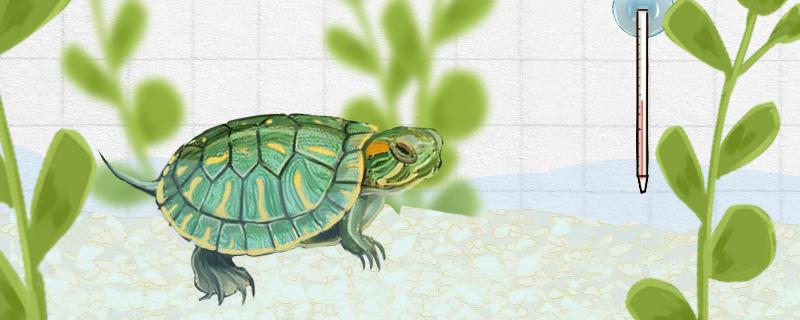 1. Is there anything wrong with being bitten and bleeding by a Brazilian tortoise
1. Is there anything wrong with being bitten and bleeding by a Brazilian tortoise It is generally fine to be bitten and bleeding by a Brazilian tortoise, but to be on the safe side, you should go to the hospital for a look. Brazilian tortoises are non-toxic, so there is no need to worry about poisoning, but turtles may carry Salmonella, which is harmful to human beings. However, captive turtles cannot come into contact with this kind of bacteria, so the risk is relatively small, and this kind of bacteria is harmful to children and the elderly, so wash hands in time after contact.
2. What turtle doesn't bite1. Grass turtle: Grass turtle is the main ornamental turtle cultivated in China, which is very easy to raise. It is widely distributed. It likes to stay in the water during the day and comes out in the evening. It has a mild temperament, does not bite each other, and has little courage. When it is frightened, it will shrink its limbs back into its shell.
2. Flower turtle: Flower turtle, also known as pearl turtle, is a common ornamental turtle species like grass turtle and Brazilian turtle. It has strong hydrophilicity, and will go ashore to bask in its back, and likes quiet environment very much. If it is frightened, it will dive to the bottom of the water, and its own temperament is very gentle. It does not like fighting and will not bite.
3. Musk turtle: Musk turtle is a relatively small turtle, which mainly inhabits ponds, streams and lakes. Its character is very timid, more afraid of strong light, is threatened by the occasional secretion of a foul-smelling liquid. Its feeding habits are biased towards animals, and it likes to eat small fish and shrimp, which can also be fed with artificial feed.